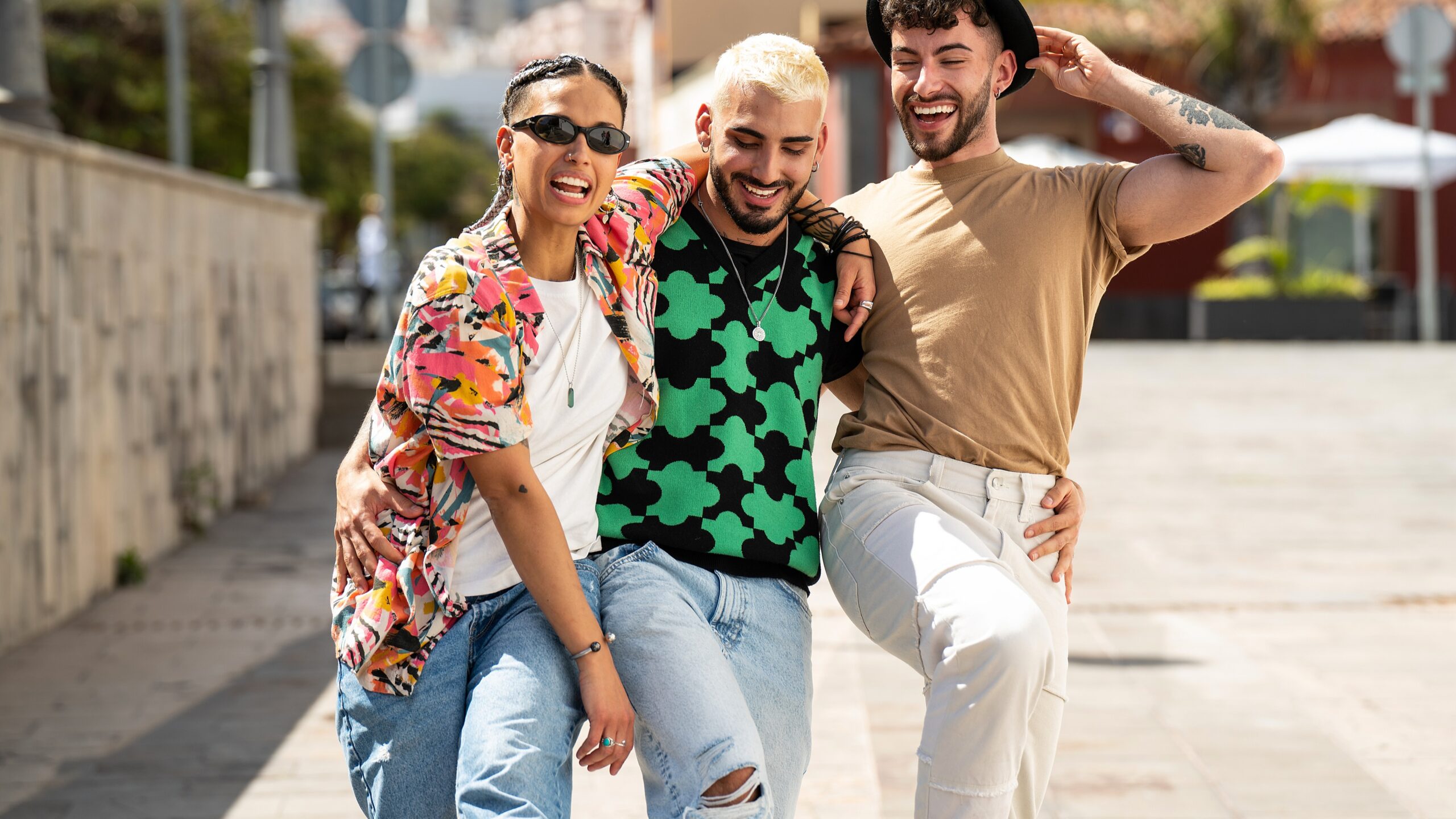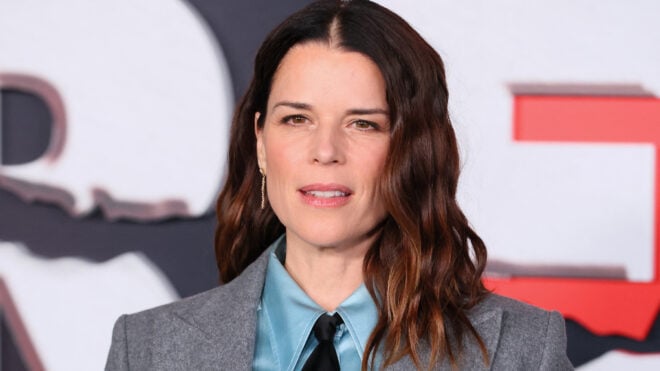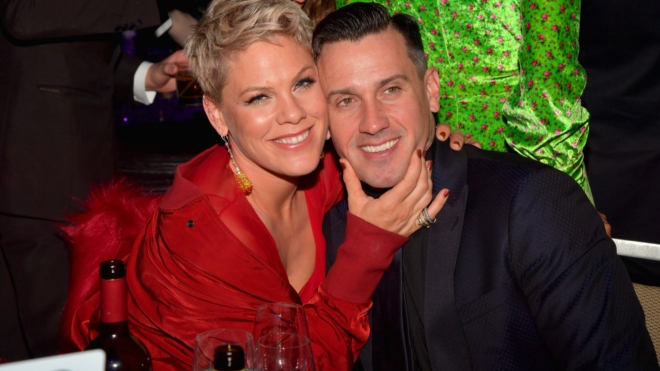
Society has a lot of changes to make before someone no longer feels the need to come out. Much of that change must happen within the heteronormative narrative, which is the idea that by default all people are straight and cisgender and follow stereotypical gender roles. These ideas are embedded in books, media, music, cartoons, movies, religion, and school curriculum and come with the message that anything different isn’t normal or accepted.
More from LittleThings: How Cisgender Parents Can Talk About Pride Month With Their Kids
However, being queer or transgender isn’t abnormal. We may be fewer in numbers but are no less valid or worthy of the same acceptance given to straight and cisgender people based on those definitions alone. You have the responsibility to bust outdated ways of thinking, and if you’re lucky enough to learn about someone’s coming out, you also have the opportunity to affirm them. But how?
I know it can be awkward to support a friend, family member, or your child when they announce they are queer or transgender. You don’t know what to say. You don’t want to mess up. Maybe you don’t totally “get it.” But providing unconditional love and allyship are the most important things you can do to support them. Let me give you a few suggestions.
Listen
This can be such a hard thing to do! But when someone tells you their story and what may have been a really difficult thing to announce, let them talk. And then thank them for sharing such important news with you. Let them know you love them, and ask them what you can do to support them. Ask them who else knows and if their information is something you can share with others. Their story isn’t yours to tell without permission.
Don't Ask for an Explanation
Don’t put the emotional labor of your need to be educated on the person who just came out. They may still be figuring out their identity and are likely both too relieved and exhausted to put energy into managing your emotions.
Thankfully there are books, websites, and documentaries that can help you better understand your loved one. Consult your local Pride Center or contact PFLAG to help you learn and process your feelings about their coming out away from the person you love.
Celebrate With Pride
Definitely celebrate with words and affection, but if you can afford it, small gifts go a long way to commemorate your loved one’s news. When my friend's kiddo came out as transgender this summer, I brought her some pride flags, a book, and pride stickers.
Bake a cake — extra points if it’s a rainbow cake — or drop off their favorite coffee or tea. Eat and toast to a happy and safe existence. Offer to take them shopping to find clothing or makeup that’s affirming to their identity. And when the pandemic is over, ask if you can attend a pride festival with them to show your support.
Flex Your Allyship Muscles
Unfortunately, not everyone in your loved one’s life is going to be supportive, but this is where you really get to help. Being an ally means your support needs to be out for everyone to see. Share positive messages, resources, and news stories about the LGBTQIA+ community on your social media channels. Add your pronouns to your email signature to normalize this for transgender and gender-nonconforming folks. Shut down and mute people who share and say anti-LGBTQIA+ opinions; you may need to cut some people out of your life, too. Correct people when they misgender your loved one or if they refer to them by a name they no longer use.
Speak up for, but not over, your loved one’s voice. Being an ally means being a buffer between ignorance and hate and your loved one’s self-worth and safety. Offer to educate someone who is struggling by handing them a book on the topic, or offer to go with them to a meeting that supports LGBTQIA+ allies.
Focus on the Person, Not the Labels
While labels are important for a person to feel at home in their identity and their ability to find others who use the same language to describe themselves, certain labels don’t make up the whole of a person. I’m a nonbinary human who uses they/them pronouns, and while I want people to respect that, I don’t want it to be the constant focus. I’m also a writer, a kind and funny person, and a parent and partner. I’m so many more things than being queer, and so is your loved one. Focus on their passions, likes, and ideas instead of getting hung up on what was always there but has now simply been said out loud.
Solidifying your unconditional love for someone who identifies as LGBTQIA+ is more than heartwarming — it can be lifesaving.







